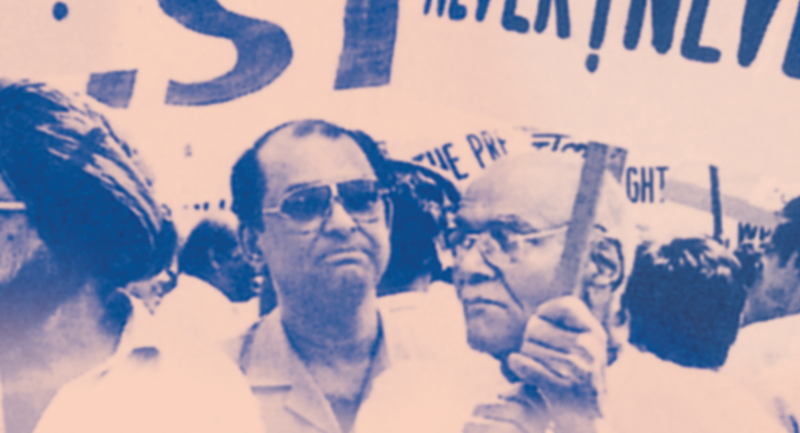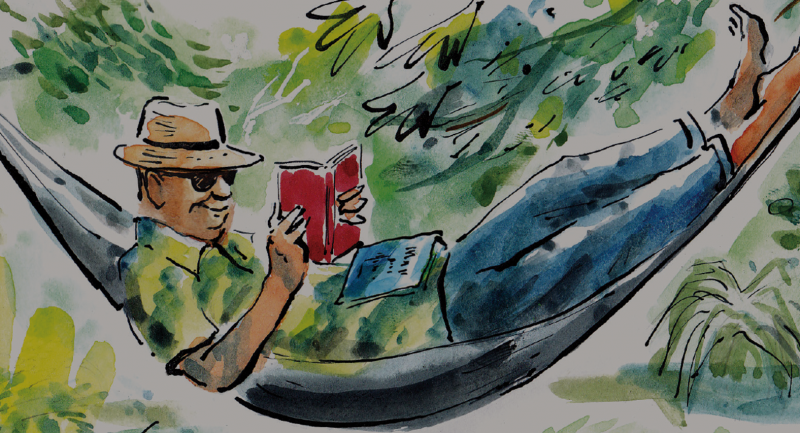
Saeeda Bano was the first woman in India to work as a radio newsreader, known then and still as the doyenne of Urdu broadcasting. Over her unconventional and courageous life, she walked out of a suffocating marriage, witnessed the violence of Partition, lost her son for a night in a refugee camp, ate toast with Nehru and fell in love with a married man who would, in the course of their twenty-five-year relationship, become the Mayor of Delhi. Though she was born into privilege in Bhopal-the only Indian state to be ruled by women for four successive generations-her determination, independence and frankness make this a remarkable memoir and a crucial disruption in India’s understanding of her own past.
Read below an interview with the translator of the book, Shahana Raza:
Q: The seed to translate this book was sown back in the day when your grandmother got her friend to read and record it on to audio cassettes for you. Could you shed some light on this incident/process?
My grandmother wrote the book in Urdu. When I told her, I can’t read or translate it as she has written it in a language I can understand well but can’t read, she asked her friend to narrate and record the entire book on to analog audio cassettes. I had no clue she was doing this! One fine day, 8 neatly marked cassettes were handed to me just as I was leaving for America. The tapes travelled with me – from India to the US and are finally here with me in Dubai. When I decided to translate Bibi’s book, (we all called Saeeda Bano, Bibi) I found Syeda Shan who read the entire book out as I transcribed it word for word. Not only was her Urdu fabulous she also had a huge lughat –Urdu dictionary. Then Urdu
litterateur, translator and writer Zakia Zaheer combed through the entire translation with me to ensure my writing had done justice to the original. My grandmother’s Urdu vocabulary was highly erudite.
Q: Translation requires a certain degree of transparency. How did you manage to indulge and also be detached, especially when this book must have rekindled old memories of your grandmother?
Initially I felt awkward, especially the chapters after her marriage when one realizes her experiences as a wife are not entirely joyful! At this point Bibi quotes Mirza Ghalib,
‘Phir waza e ahteyat se …. rukne laga hai dum….’
I am so consumed with the anxiety of being discreet, I feel suffocated
I realized this was my grandfather she was talking about! Though he passed away before I was born, everyone who knew him said he was a kind man and a loving father. So, that was not easy. But I strongly believe, people have several sides to their personality, we are not unidimensional creatures. I mean, for example, I may be a better daughter and mother, than a wife or a sister … we can’t judge a person from the perspective of one relationship. I kept this focus while translating. I saw both her (and him) for who they were – a young couple unable to navigate the complex world of marriage, not from the point of view of my relationship with them. This helped me to flesh out the various shades of emotions Bibi has expressed so beautifully in her memoir.
Q: Is there any section from the book that you look back to in times of uncertainty/adversity?
Several actually, but the main one is the determination with which she leaves behind the life of comfort and familiarity she was used to in Lucknow and comes to Delhi in August 1947, to start working in a male dominated industry as the first woman news reader for AIR’s Urdu service. She chooses to live in a single woman’s hostel (in YWCA) instead of with family friends, experiences communal riots, endures financial hardships and despite tackling occasional bouts of self-doubt, never ever looks back or gives me. I admire the fact that she did what she did without making an apology of the truth, curtailing her innate spirit or bowing down to societal expectations. I am quite fascinated that she could sit and write whatever she faced in life, this candidly.
Q: Which people, other than your grandmother, inspired you while you were growing up?
Most definitely my mother Naushaba. She was quite something herself! Extremely gutsy, loving, fiery, bold, great sense of humour, she could zap boredom out of any experience and make it memorable – from a torturously bumpy rickshaw ride to a formal Parent-Teacher meet. I remember her telling my teachers that they should let me focus on my extra-curricular activities instead of pressurizing me to get better grades! Like all dynamic women she too had several sides to her personality. She is no more, but my aunts and my Mum’s close friends inspire me in many ways to keep focus but not miss the wood for the trees. These ladies have carved strong identities for themselves despite all odds, we have to accept them for the women they are, not just as mothers, aunts and grandmothers.
Get your copy here to get to know about the life and times of Saeeda Bano









